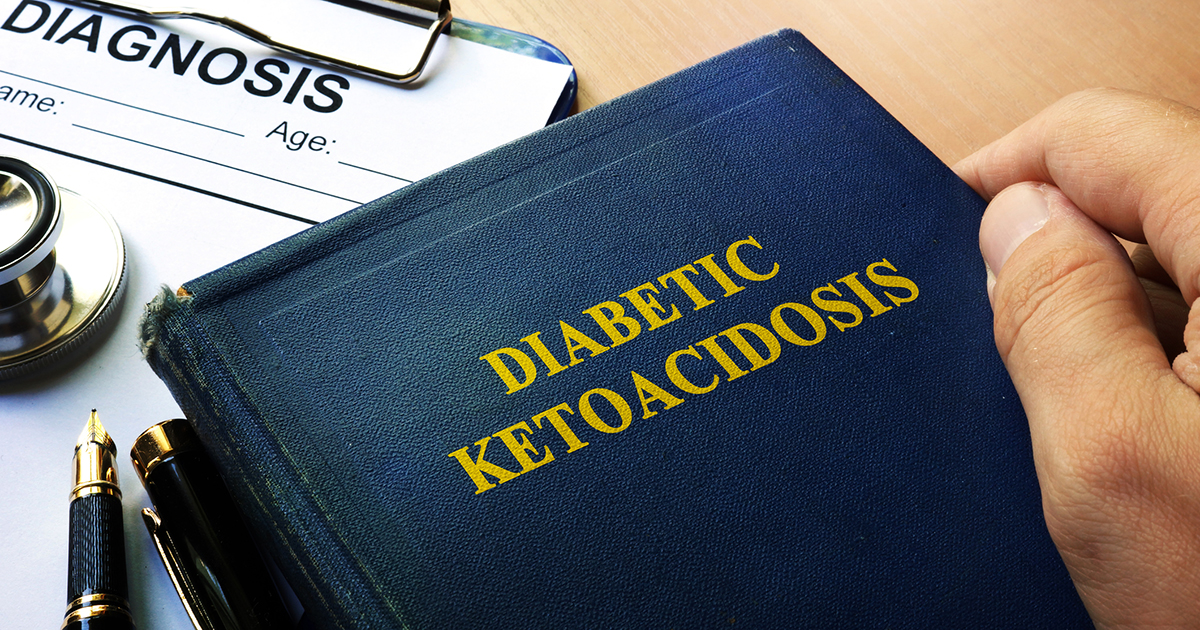What Causes Hypokalemia?
Hypokalemia is a potentially serious condition that occurs when the potassium levels in the blood become too low. Potassium is necessary for the healthy function of an individual's muscle cells and nerves. It's especially essential to helping the heart muscle function. Potassium is an electrolyte controlled by the kidneys, and as the kidneys filter potassium, any excess electrolytes exit the body through urine or sweat. There are several other names for hypokalemia, including low potassium syndrome hypokalemic syndrome, and hypopotassemia syndrome. When hypokalemia is mild, there won't be symptoms. If the potassium levels are low enough, though, patients may experience abnormal heart rhythms and severe weakness in the muscles. Treatment for the condition often depends on the underlying cause. In the majority of cases, symptoms resolve following treatment.
Get familiar with the causes of hypokalemia now.
Diabetic Ketoacidosis

Diabetic ketoacidosis is a potentially life-threatening complication that can occur with type 1 diabetes. While it can sometimes occur in type 2 diabetes patients, it's much rarer. Diabetic ketoacidosis occurs when the levels of sugar in the blood become too high, which leads ketones to build up. Ketones are acidic substances that can reach dangerous levels. Ketoacidosis is different from ketosis, which is a harmless condition that occurs when an individual's body begins burning fat due to a low-carb diet. Meanwhile, ketoacidosis is much more harmful. Diabetic ketoacidosis can only occur if an individual's body doesn't have enough insulin to process the glucose levels in their blood. Because those with type 2 diabetes don't usually have such low insulin levels, diabetic ketoacidosis is more rarely observed in them. However, diabetic ketoacidosis can sometimes be the first sign indicating an individual has developed or been born with type 1 diabetes. If an individual thinks they may have diabetic ketoacidosis, they should seek emergency medical treatment immediately. Left untreated, this condition can progress to a coma or death. Hypokalemia is just one of many concerning symptoms. Individuals with diabetic ketoacidosis may have confusion, fatigue, frequent urination, unusual thirst, high ketone levels in their urine, and high blood sugar.
Read more about the causes of hypokalemia now.